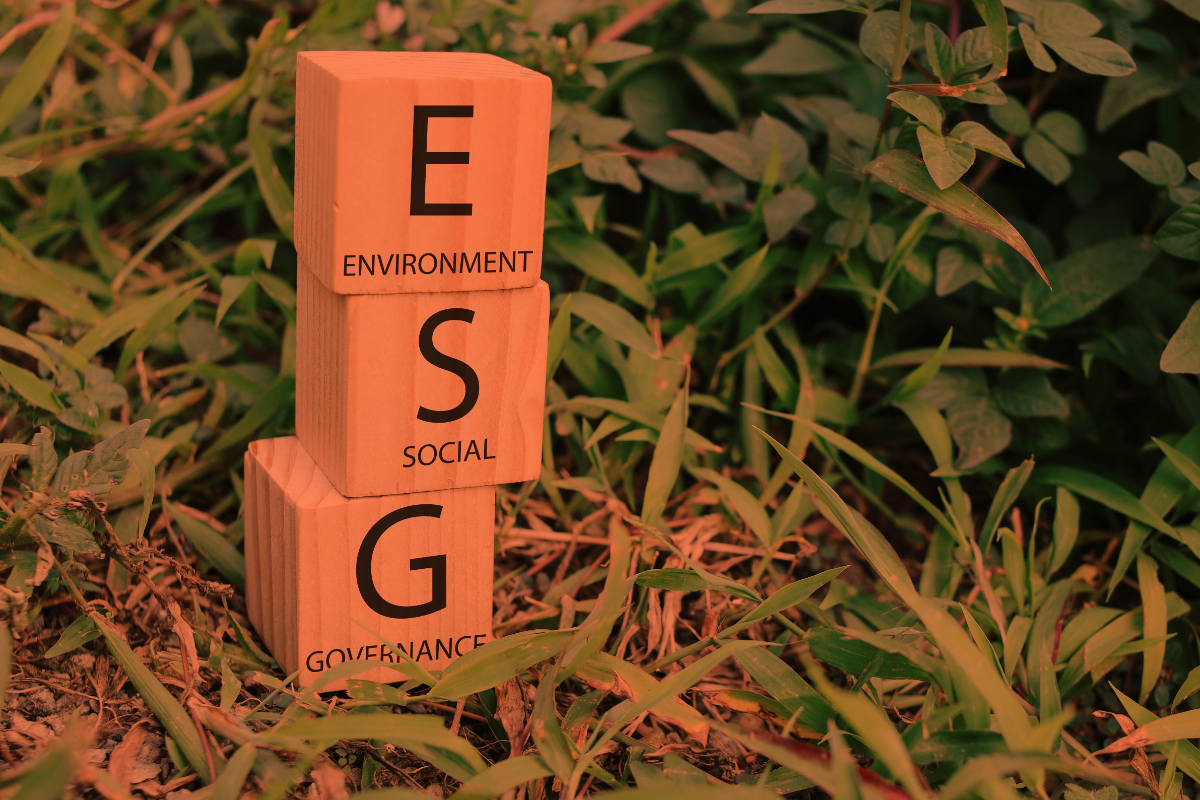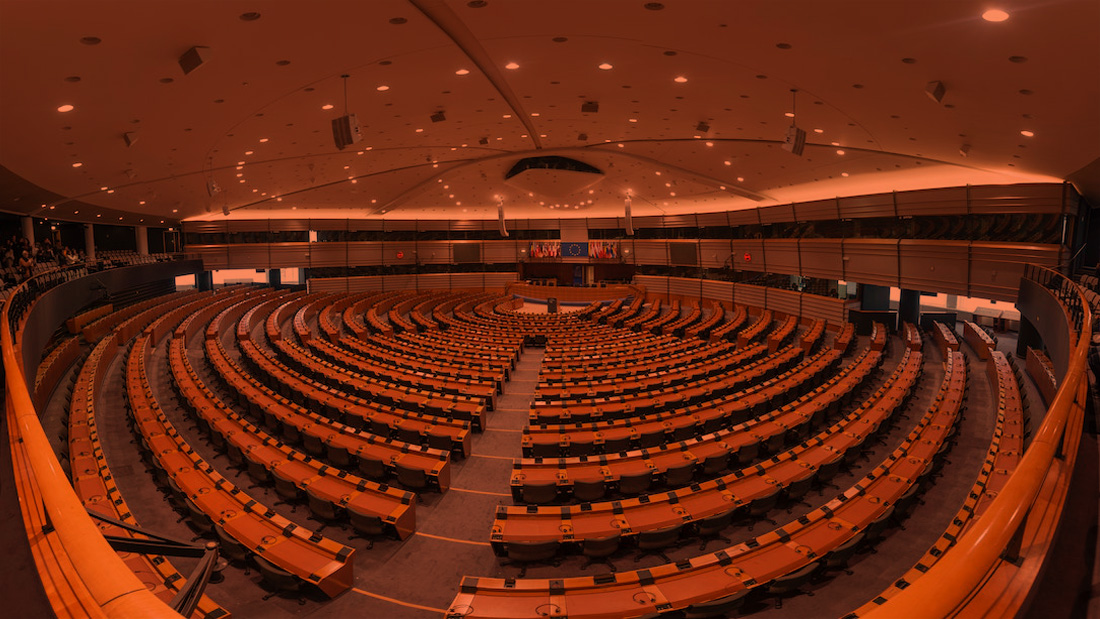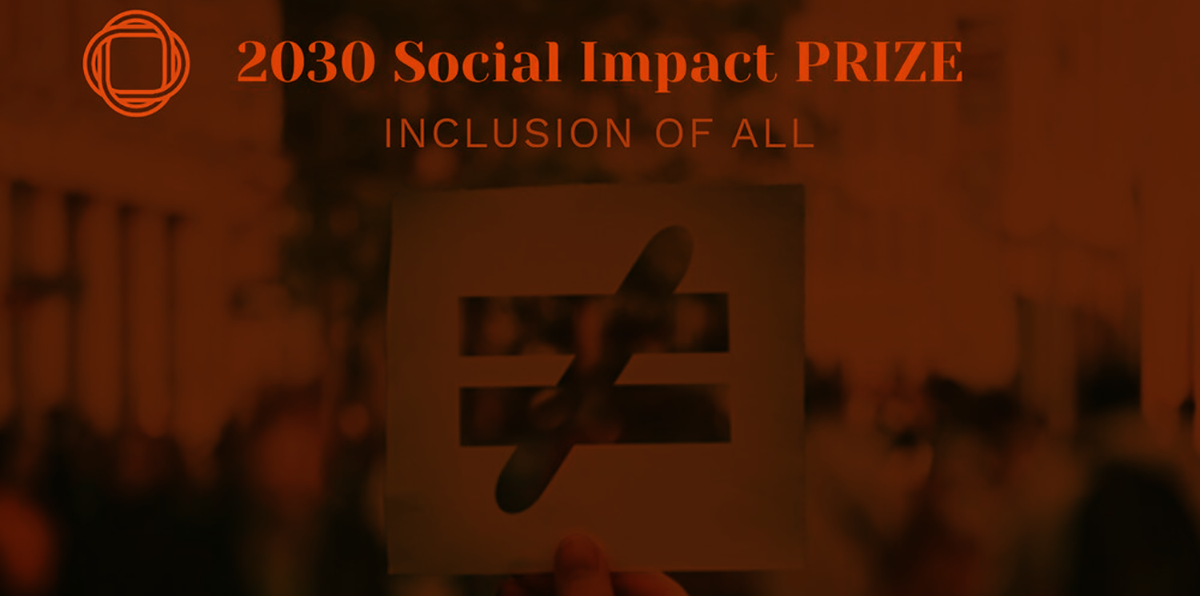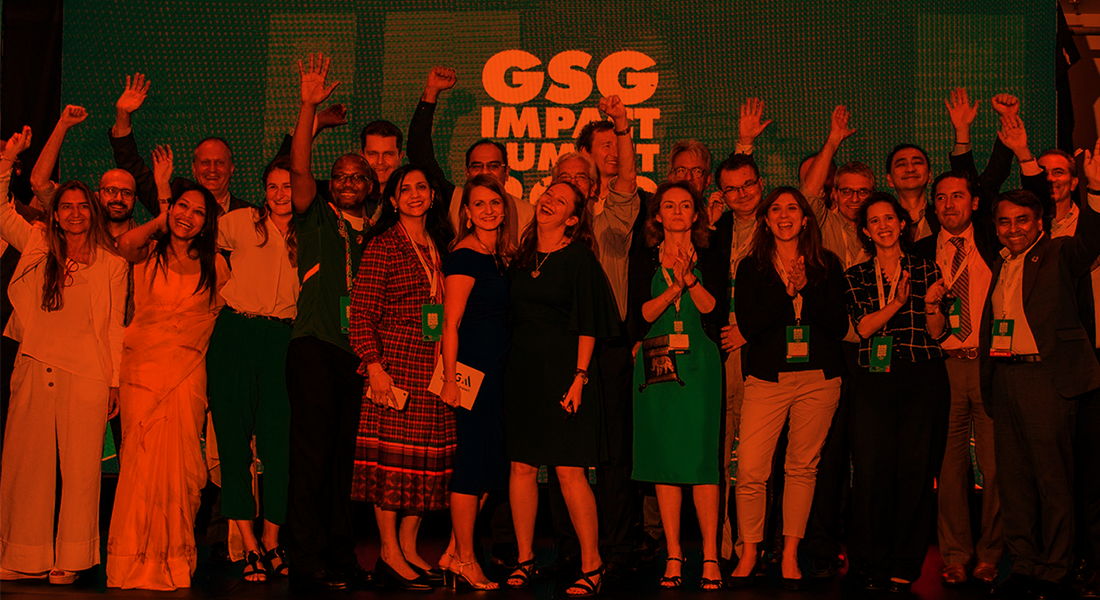A leading company law King’s Counsel has issued a new legal opinion on the requirement for company accounts [also known as financial statements] to provide a true and fair view of the position of the company.
Directors of UK companies must consider whether and how to reflect relevant sustainability issues, such as their contribution to climate change, in their financial statements, in order to provide a true and fair view.
This new opinion on the true and fair requirement for company accounts, commissioned by Social Value International (SVI), is the first to consider the inclusion of sustainability issues. It states that directors and auditors have a ‘positive duty’ to consider if sustainability issues have consequences for the financial statements, for example creating liabilities or impairing asset values.
Mervyn King, the Former Governor of the Bank of England said:
‘The financial and non-financial assets of a company are integrated 24\7 operationally. To report them in two silos is divorced from reality. The most informed body of this integration is the board. The board should do an integrated report showing this integration in clear, concise and understandable language. If the user requires more specific information, they can turn to the specifics in the financial or sustainability report.’
The ‘true and fair’ legal requirement has existed for many years but its interpretation evolves with society’s expectations. It has been over ten years since the last legal opinion on the interpretation of the true and fair requirement was published. Since then, the challenges posed by climate change and widening inequality have grown. The fact that the International Financial Reporting Standards Foundation (IFRS Foundation), the body responsible for setting accounting standards, has established the International Sustainability Standards Board (ISSB) is proof that accounting practice is already responding to changes in societal attitudes towards sustainability.
This new opinion, issued by George Bompas KC, opens the door for the integration of some sustainability issues in the financial statements as opposed to disclosures in a separate sustainability report. It requires company directors to think holistically about sustainability issues and not just rely on international accounting standards to meet the true and fair requirement. It clarifies directors’ duties and empowers directors to include their contributions to sustainability issues in the financial statements should they consider it relevant to the users (of their financial statements).
Relevance for UK small businesses
Although true and fair is a requirement for all businesses, this legal opinion is especially relevant to the 5.5 million small businesses in the UK (those employing fewer than 50 people). Existing sustainability reporting requirements are complex and predominantly designed for the country’s 43,000 medium and large businesses. Directors of small businesses know that their operations contribute to issues such as climate change and inequality and may want to recognise this but often find it hard to see how.
Staffordshire Chambers of Commerce is an example of one small business that has already taken a lead in disclosing its impacts on climate change in its financial statements. Its directors included a note in their audited financial statements, for the year ending 31 March 2023, that estimates the social cost of its use of carbon. In addition, the Directors’ Report states that future financial statements will address their contribution to other sustainability issues in line with the UN Sustainable Development Goals.
Ben Carpenter, CEO of Social Value International, said:
‘It [disclosing sustainability issues in the financial statements] makes it very real for directors and will accelerate decisions to reduce negative impacts and make the business more resilient and competitive in the long term.’
Implications of the opinion
The opinion clarifies two things. Firstly, it clarifies the legal duties of directors to depart from existing accounting standards, where necessary, to meet the requirements for true and fair within the context of sustainability issues. Secondly, it clarifies the powers and discretion that directors have to include additional information in the financial statements about their contribution to sustainability issues.
Where directors make statements that indicate that they accept a responsibility to pay for this contribution, this could create a constructive obligation. A constructive obligation is not based on a contract and therefore not normally enforceable but these obligations should be included in the financial statements. Where there is some uncertainty around the existence, outcomes or measurement of such an obligation, the directors may consider that the information is necessary in order to provide a true and fair view and that the best place to disclose the information may be in the notes to the financial statements.
Next steps
Based on the new opinion, Social Value International and Social Value UK are launching a Campaign for True and Fair accounts. Working with business networks including Business Declares, Capitals Coalition and Social Enterprise UK, they will be developing guidance and support for directors who want their companies to ‘put their money where their mouth is’ in accounting for their impact on people and planet.
SVI have been working closely with law firm Bates Wells, who instructed George Bompas KC.
Fletcher, the partner at Bates Wells who led the work, said:
‘It is now clear that directors and auditors of companies have a positive legal duty to carefully consider how new forms of sustainability related information and narrative reporting impact on the numbers in the financial statements. It is not enough to tell a good story and rely on accounting standards. Directors and auditors need to go further and apply themselves personally as professionals and satisfy themselves that the financial statements they are approving are true and fair. This should come as a wake-up call and encourage deeper thought and reflection by directors and auditors on asset and liability values and related assumptions in the face of climate change.’
The Campaign for True and Fair Accounts is not limited to the UK. SVI will be working with the Global Alliance for Impact Lawyers (GAIL) in six other countries to explore how other jurisdictions can evolve their interpretation of true and fair to encourage compliance with legal duties and empower directors to integrate sustainability information into their financial statements.
SVI invites anyone interested in these issues to register their interest here to receive updates about the Campaign for True and Fair Accounts.
Social Value International (SVI). SVI is a global network which comprises regional membership bodies of social value experts from different sectors and disciplines. SVI supports the measurement and analysis of social value and develops related social value principles, which enable decision-makers to account for the effects of decisions on people and the environment.
Archivio:





































































